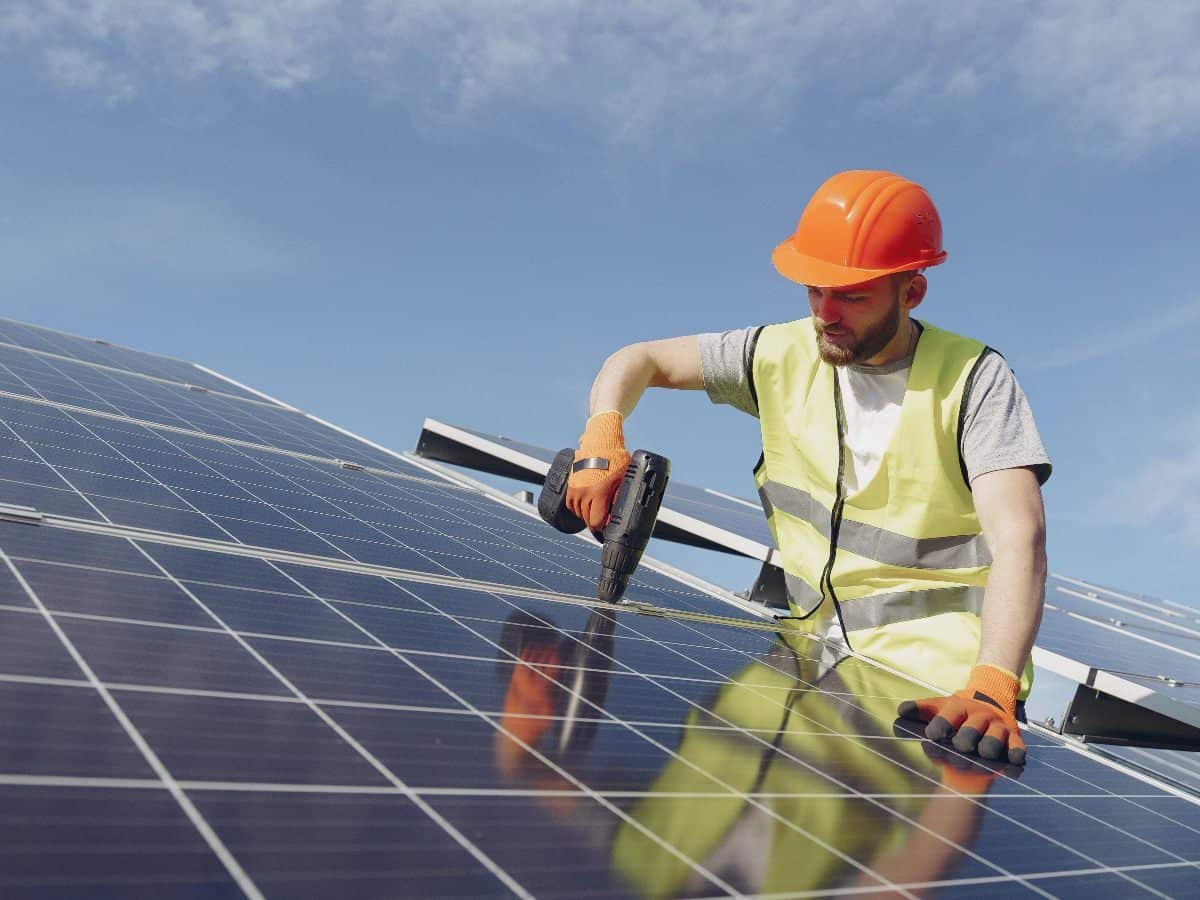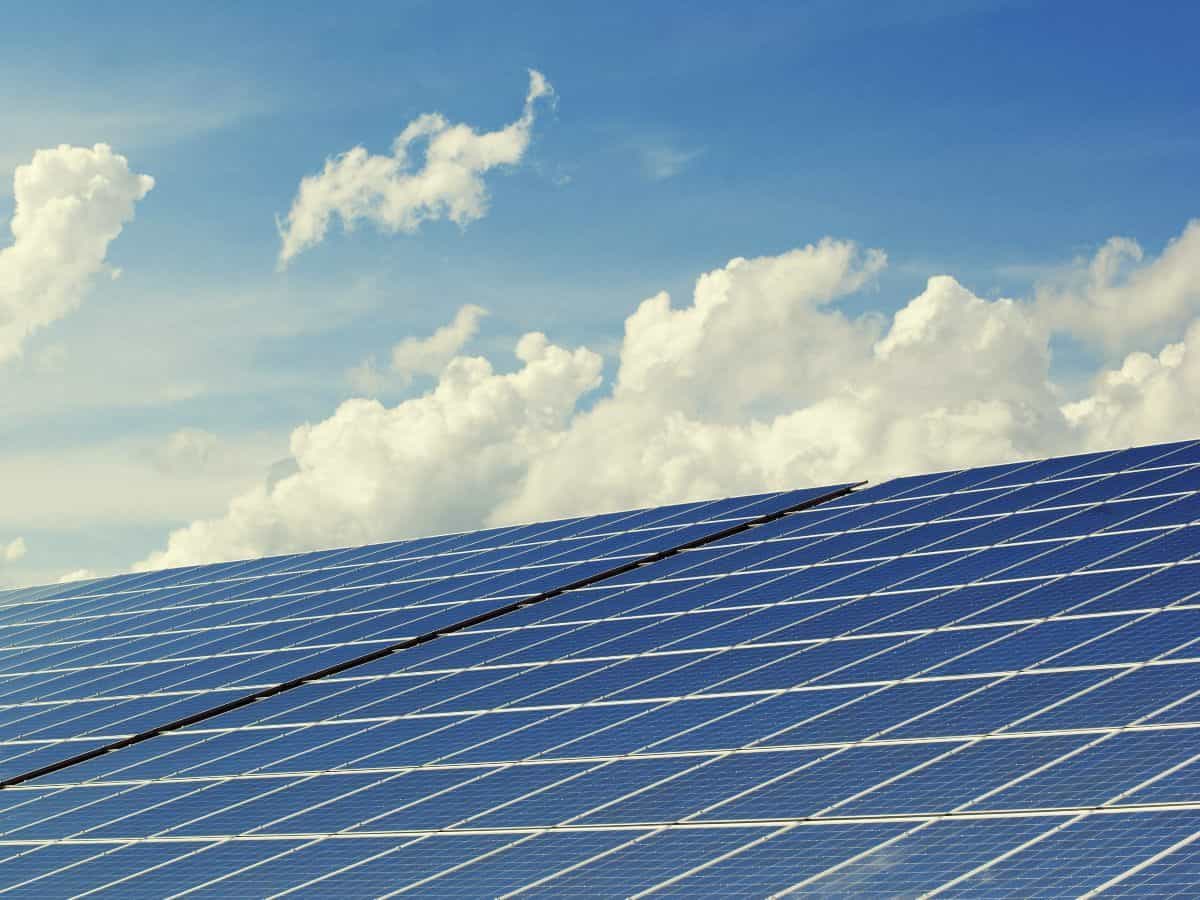If you drive through any neighborhood, there’s a good chance you’ll find the grid-like, black rectangles on a few roofs. Those grids are solar power, and provide that home with an alternative, more energy-efficient form of electricity that’s different from what your traditional home uses. Here are solar power pros and cons so you can decide if your home should go solar.
Discover Energy Audits with Solar Energy and ONIT Home
Try our Free Energy Audit to make sure your home is performing at optimum energy efficiency. We’ll inspect every nook and cranny of your home to make sure it’s best serving your needs. We’ll also give you tips on lowering your energy bills, conserving energy, and creating a more efficient space. To learn more about how we can help you maintain a top performing home, visit ONIT Home online to get started!
Solar Power Pros
1. Clean Energy
Clean energy is the driving force behind switching to an alternative energy source. Solar energy is a renewable energy source, meaning that we can never run out of it in order to have energy. Solar energy will be available to us as long as the sun is there; so with the estimated life span of the sun being five billion years, we are in good shape. This energy source is great for our environment; so many energy sources deplete our natural resources, but solar does not. Solar energy also does not emit greenhouse gases. Greenhouse gases are in the atmosphere, and while they allow heat from the sun to penetrate the atmosphere, it traps the heat at that surface. Therefore, using solar energy can help deter global warming from progressing.
2. Increased Home Value
Knowing how important alternative energy sources are, people want them. However, not everyone is ready to make the investment for themselves. Therefore, perspective buyers are more interested in houses that already have solar panels. By making your house more marketable, you can also increase the home value. On average, a home can increase value as much as 4.1% if the home has solar panels. 4.1% increase equals out to about $9,274 with the average home price being $226,300. The percentage can differ based off of your zip code or state. For example, CNBC lists New Jersey as having the highest percentage increase of all 50 states.
Wanting to know more? Check out our article that details how installing solar panels can increase your home value.
3. Decreased Bills
By switching to solar panels, you are moving away from relying on energy companies that charge a high amount to generate your own electricity. There are even programs where any energy that you haven’t used can be restored and gifted back to you a different time. This is helpful for cities that have months of cloud coverage. The average savings are $100 a month, or $30,000 over a 20 year span, or in sunnier states, you can be saving as much as double with $60,000 over 20 years.
There are also government incentives for you to switch to solar energy. The Federal Investment Tax Credit (ITC) for any household is currently at 26%. By 2021, this incentive will drop to 22%. Unless Congress renews the ITC, federal incentives will stop by 2022. Texas also includes solar panel installation as a property tax exemption. Make sure to take advantage of these incentives and get your free quote today.
Solar Power Cons
1. Investment
On paper, the price for solar panel installation might overwhelm you. But, by remembering the tax incentives and property tax incentives you can save some money in your investment. There is also going to be a cost difference between a 2kW (kilo-watt)-panel system and a 10kW-panel.
A 2kW-panel can range from $5,000 to $7,000, while the 10kW-panel can range anywhere from $25,000 to $35,000. Obviously, the higher priced panels will generate more energy, while the lower wattage will produce less.
2. Can Be Weather Dependent
A common knock on solar paneling is that if you live in a cloudy area, you will not generate any energy through your solar panels. However, solar panels generate energy whenever the sun is out, and that energy can be saved for those cloudy days through net metering.
In months that you generate more electricity than you use, your bill will be $0, and your extra electricity will be sent back to you when you go through those cloudy times. However, it is important to remember that solar panels collect more energy during the daytime, so if you live in an area that gets less daylight than average, solar panels may not be a good investment for your home.
3. Use a Lot of Space
The more energy you want to accrue, the more panels will have to be installed. This can take up a lot of square footage on your roof. Not all roofs are large enough to withstand the amount of panels you may want, which could lead to less than ideal amounts of energy generated.
Solar Power Pros and Cons
Ultimately, there are benefits and negatives to getting solar energy. If you’re still struggling to make a decision after evaluating all the solar power pros and cons, contact us today. Our team of experts is here to help you make the best decision. We want you to save money while also saving the environment, and solar energy may be the best choice for you!
Bundle your ONIT Home purchases together for a $1,500 voucher to be used with our water filtration, security systems, or solar panels. Or, receive a $2,000 security system for $1,000 with a purchase of a water filtration system. Ready to go solar? Every solar panel system is a two week installation and comes with a free home security and water filtration system! Learn more about our bundling deals today by calling us at 1-833-433-0331. Whatever you need, we’re ONIT!






